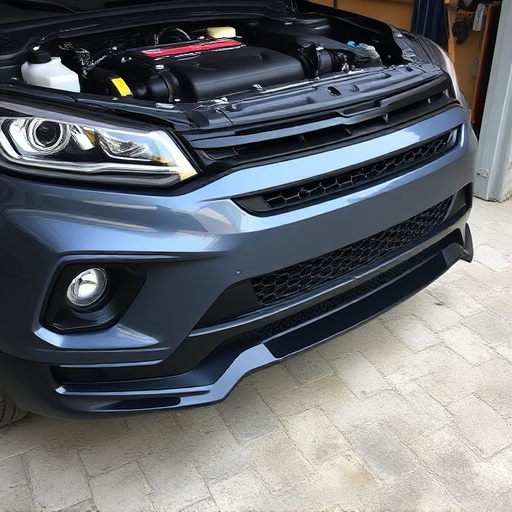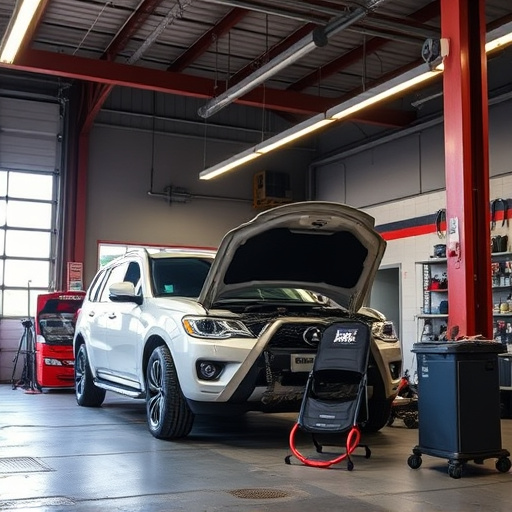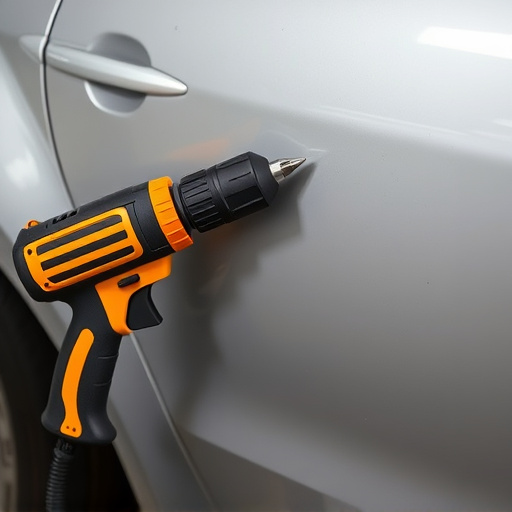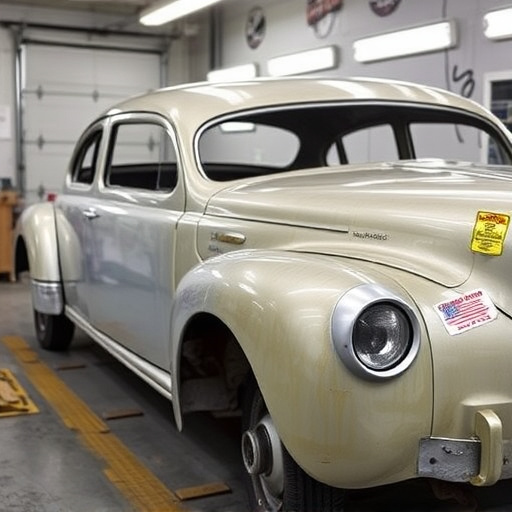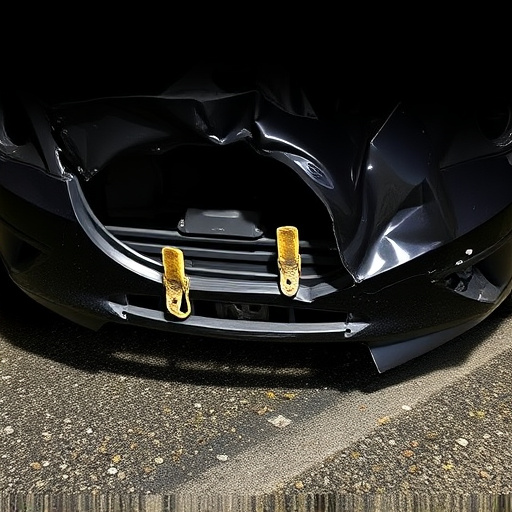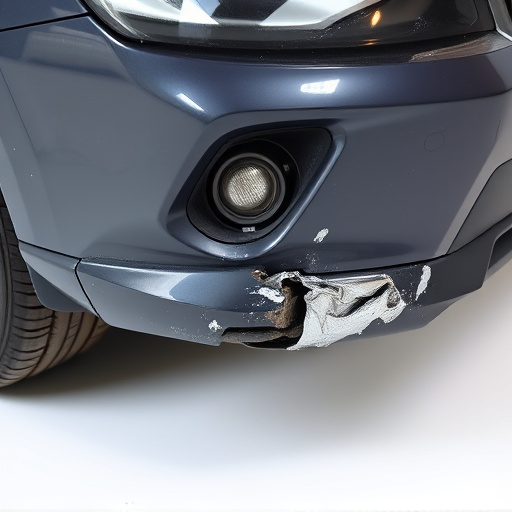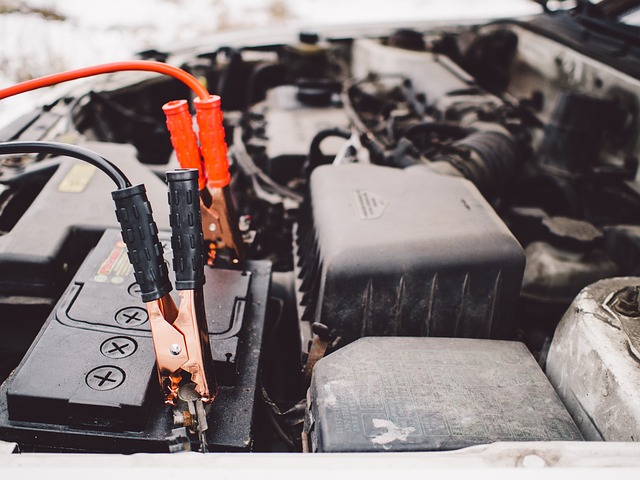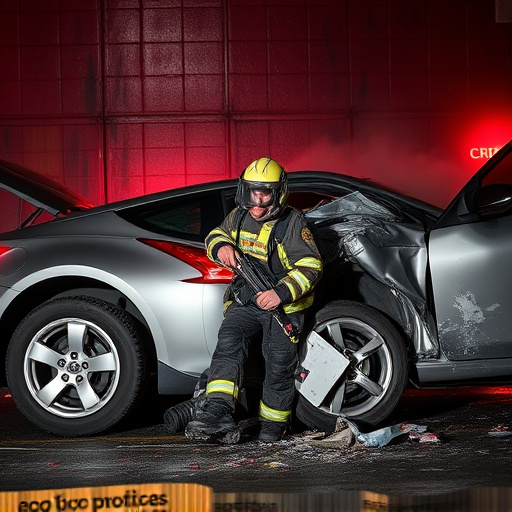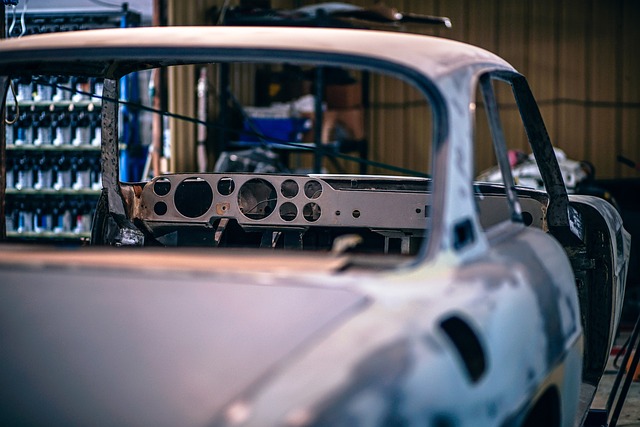When deciding between repairing or replacing your vehicle components, consider both short-term costs and long-term savings. Repairs are often affordable for minor issues and preserve sentimental value, while replacements may be necessary after severe damage or post-collision. Balancing these factors helps make repair vs replace decisions that save money, benefit the environment, maintain vehicle condition, and preserve resale value.
In today’s digital era, understanding the benefits of repair versus replace decisions is more crucial than ever for car care. While replacing parts might seem like a quick fix, repairing offers significant advantages that often go overlooked. This article delves into the financial savings, environmental impact, and resale value implications of choosing to repair over replacing your car components. By exploring cost considerations, analysis of financial implications, and the positive effects on sustainability, we’ll uncover why maintaining and repairing your vehicle can be a wise investment in the long run.
- Cost Considerations: Repair vs Replace
- – Analysis of financial implications
- – Long-term savings through repairing
Cost Considerations: Repair vs Replace

When weighing the pros and cons of repair versus replace decisions for your vehicle, cost is a top consideration. While it might seem like replacing parts is more expensive upfront, repairs can sometimes be surprisingly affordable, especially for smaller issues or routine maintenance tasks like tire services or auto detailing.
Long-term financial savings should also be taken into account. Major repairs may have higher immediate costs, but neglecting them could lead to more severe and costly damage down the line. Conversely, replacing certain components entirely might offer better value over time, especially if you’re considering a vehicle’s overall longevity and resale value, particularly in relation to its car bodywork.
– Analysis of financial implications
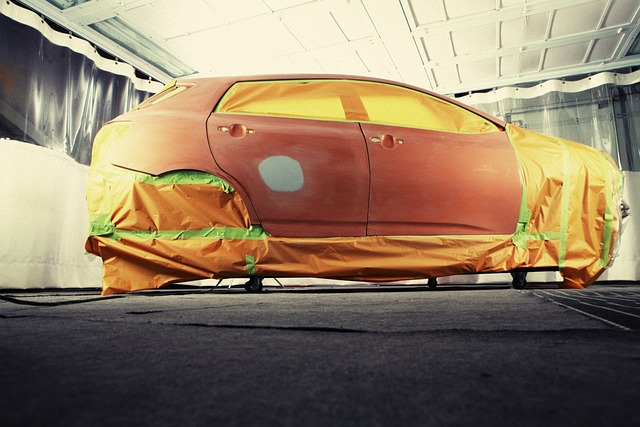
Making the choice between repairing or replacing a damaged vehicle is a significant decision, especially considering the financial impact. On one hand, repairs offer a more cost-effective option, allowing drivers to extend the life of their cars and avoid the immediate expense of purchasing new parts and vehicles. This is particularly beneficial for those with tight budgets or who value the sentimental value of their ride. A simple fix like tire services or car body repair can bring a vehicle back to its pre-damage condition, sometimes even improving its performance and safety features.
However, when damage is severe, especially after a collision, replacement might be the more sensible choice. While it may come with a higher upfront cost, new cars often come with advanced safety features and warranties that can prove financially advantageous in the long run. Comparing repair costs from reputable collision repair centers against the price of a comparable used vehicle or the potential depreciation of your current one is crucial when making this decision.
– Long-term savings through repairing

Making repair vs replace decisions for your vehicle is a crucial consideration that can impact both your wallet and the environment in the long run. While replacing certain parts might seem like a quick fix, repairing offers significant advantages that often get overlooked. One of the most compelling reasons to opt for repairs is the potential for substantial long-term savings. By choosing to repair rather than replace, you can avoid the recurring costs associated with purchasing new parts and paying for frequent installations. This is especially true for items like fenders or other outer panels, which are often relatively inexpensive to fix but would incur significant expenses if replaced entirely.
Moreover, repairing your car reduces waste by minimizing the demand for new parts. Many auto repair shops now offer paintless dent repair services, which can restore damaged bodywork without the need for expensive repainting. Similarly, auto collision repair specialists can expertly fix fender benders and other minor accidents, keeping your vehicle in top condition while preserving its resale value. By making informed repair vs replace decisions, you contribute to a more sustainable approach to car care, ensuring both economic and environmental benefits over time.
When it comes to car care, making informed decisions between repairing and replacing is a key aspect of smart automotive ownership. By carefully considering cost implications and recognizing the potential for long-term savings through repairs, drivers can navigate their vehicle’s maintenance more effectively. Balancing these options allows for sustainable motoring, ensuring both financial and environmental benefits. Embracing repair as a viable choice is not just economical; it’s also an eco-friendly approach that contributes to a greener future by reducing waste and the demand for new parts. Therefore, understanding the advantages of repairing over replacing is an essential step in making responsible car care choices.
